Improving child healthcare
The one-year pilot project was part of a three-year nurse training program at the Ola During Children’s Hospital (ODCH) in Freetown. The project aimed to sustainably improve the quality of care for sick new-borns and children, reducing neonatal and child mortality and morbidity. More specifically, it aimed to build the capacity of hospital staff through continuous professional development modules for triage staff, running induction training for additional staff in neonatal care and providing Training of Trainers modules to senior nurses for sustainability. Extended learning opportunities for workforce, medical students, and university staff were to be offered.
The project successfully built the capacity of over 70 nurses by implementing Continuing Professional Development (CPD) modules and Training of Trainers. Since project inception, CPD credit hours were certified and recognised by the Ministry of Health and Sanitation. 282 nurses in the hospital accessed on-the-job training and mentorship. More specifically: 123 hours of training were delivered including modular and stand-alone trainings; 161 hours of mentorship were completed by ODCH mentors. An ODCH nursing handbook was developed and distributed by the nursing management team. A cohort of students enrolled on Sierra Leone’s first Bachelor of Science (BSC) degree in Paediatric and Neonatal Nursing. Facing the Covid-19 pandemic, the ODCH was quickly recognised as the primary Covid-19 treatment centre for paediatric patients.
The Welbodi Partnership is a UK-registered charity based in Freetown and founded in 2008. Its mission is to build the capacity of the health system in Sierra Leone in order to reduce the number of women and children who are sick, suffer, or die unnecessarily.
KT watson
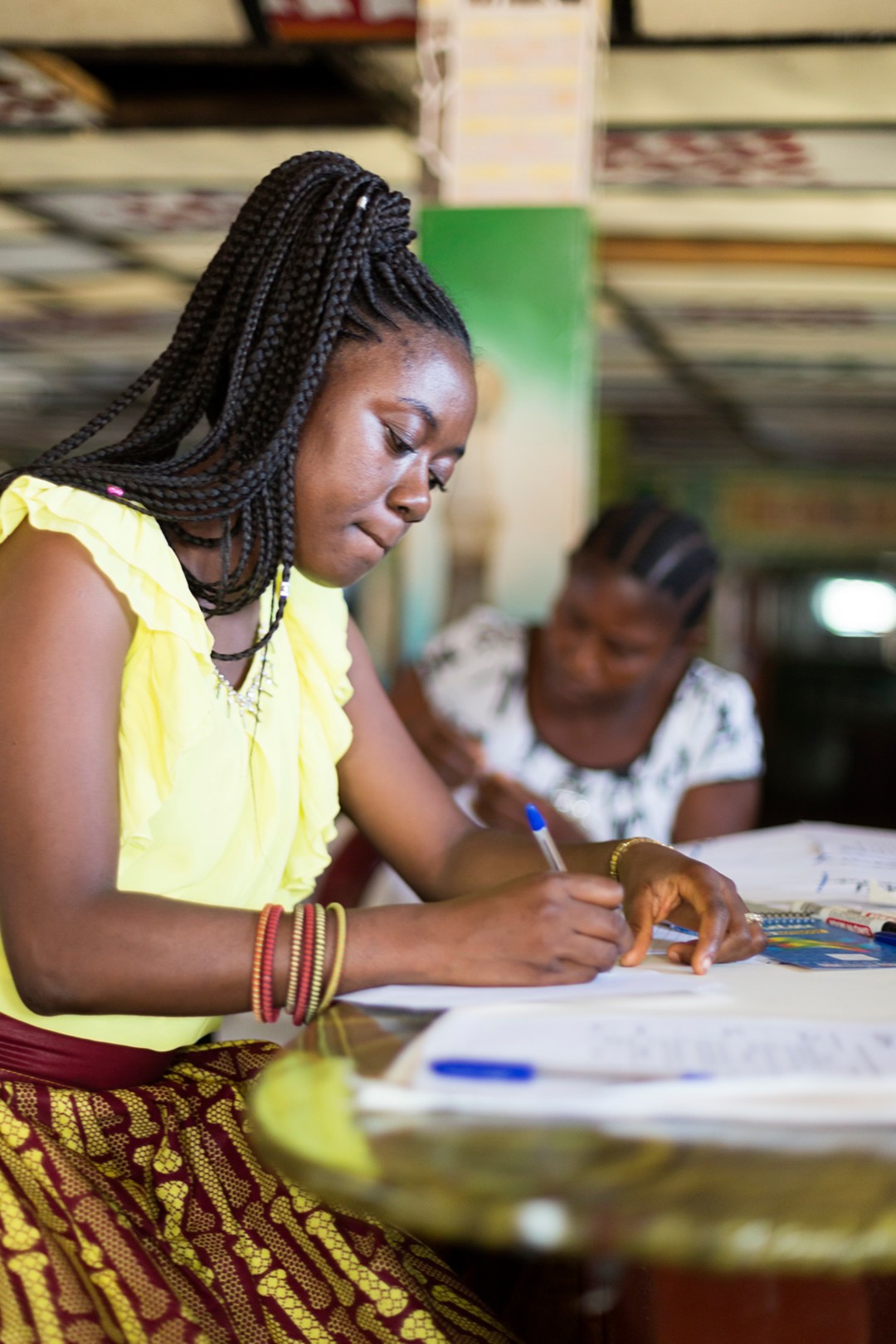
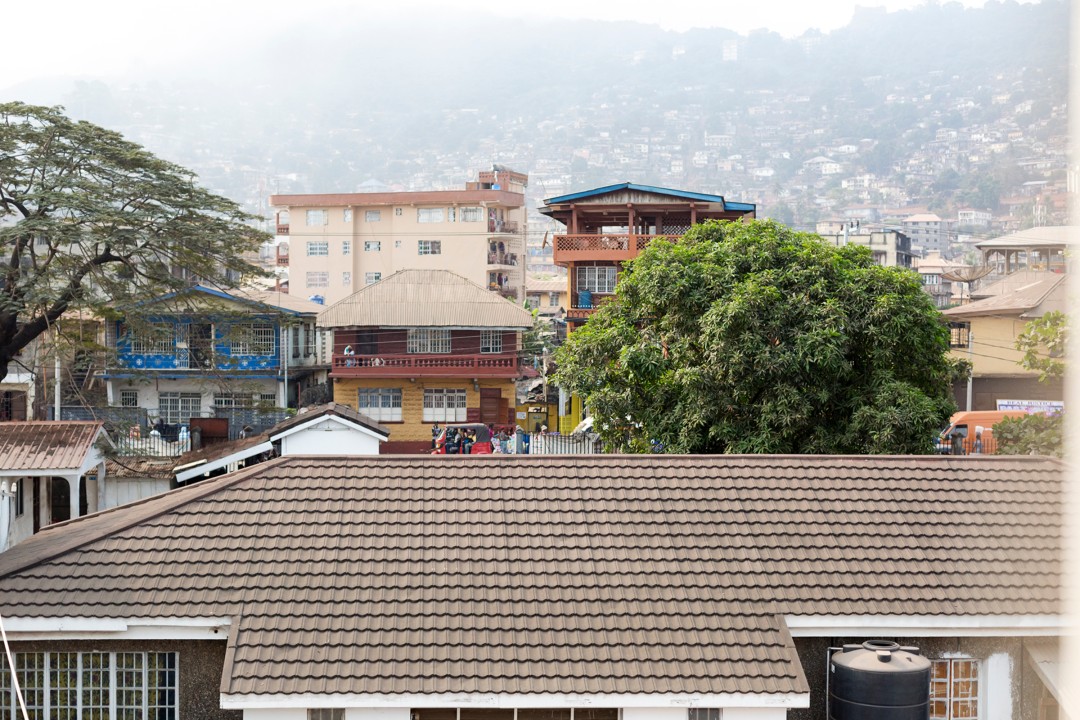
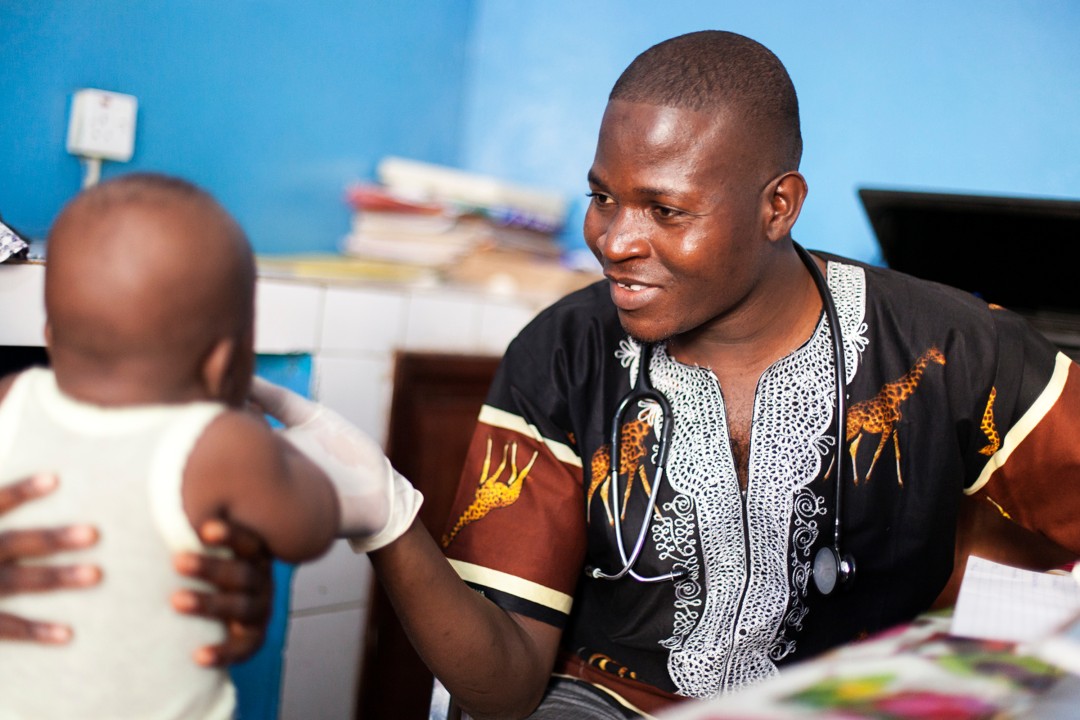
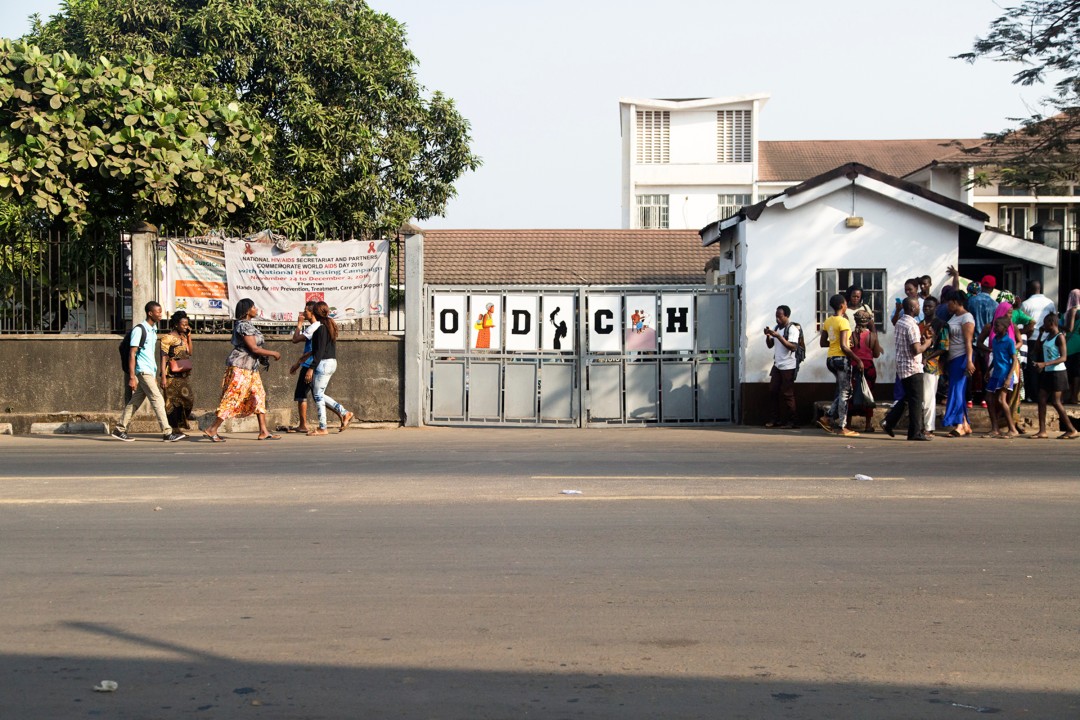
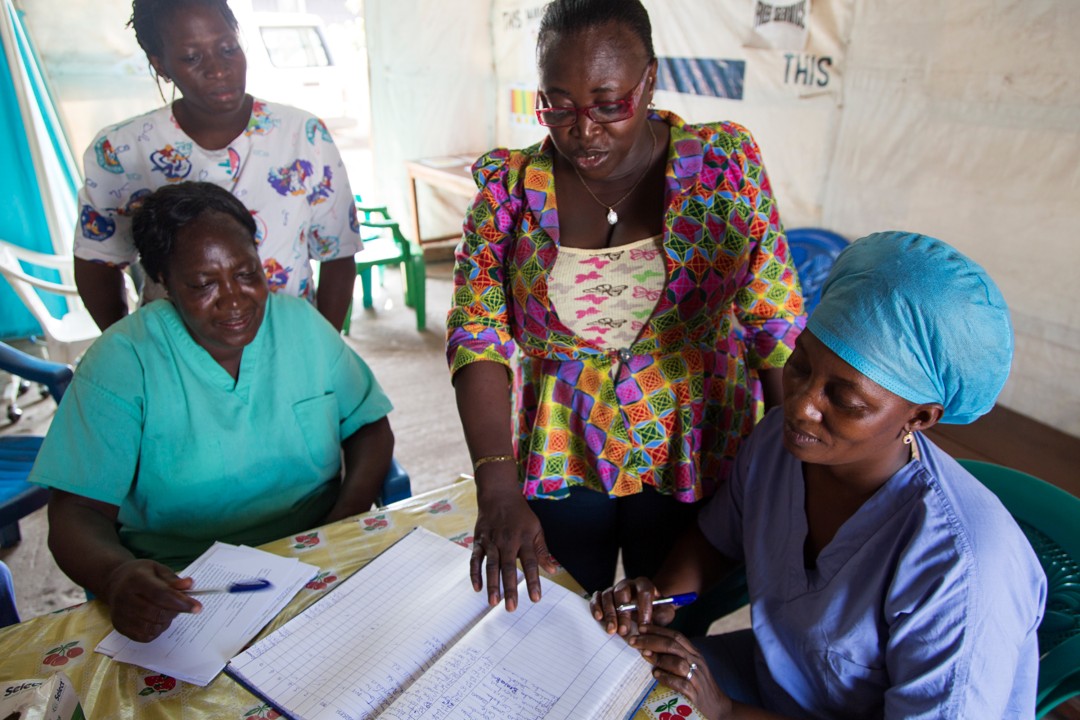
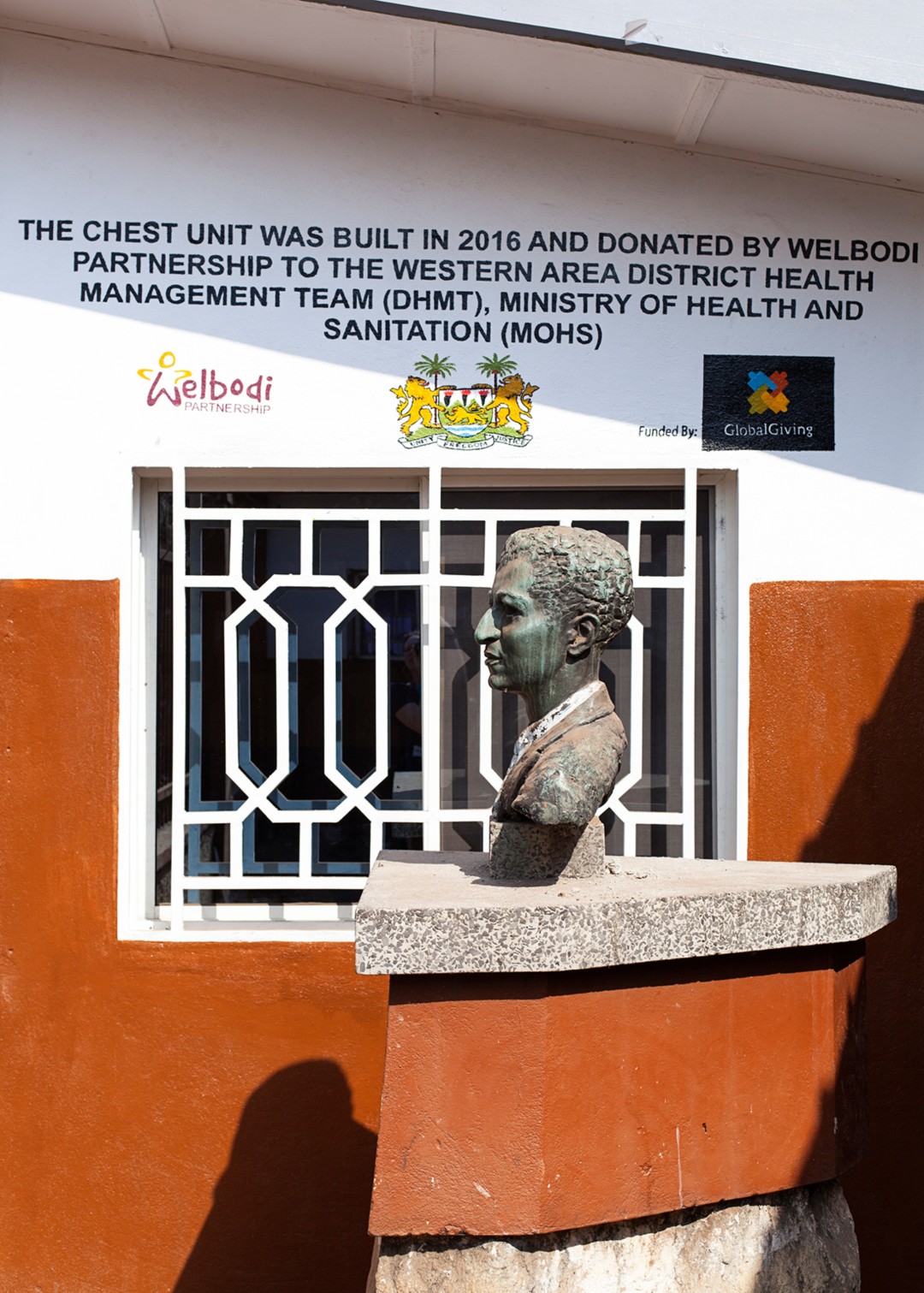
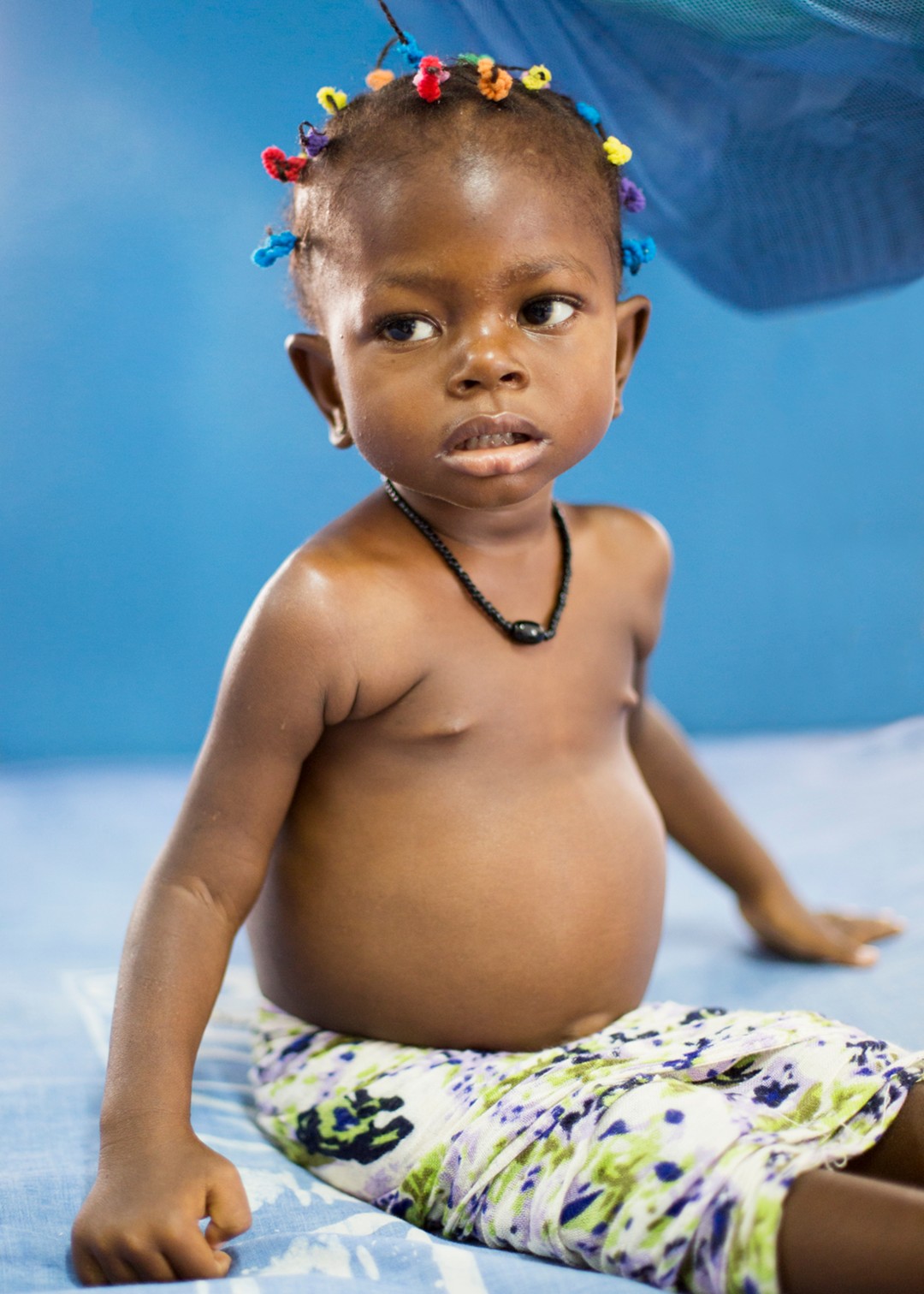
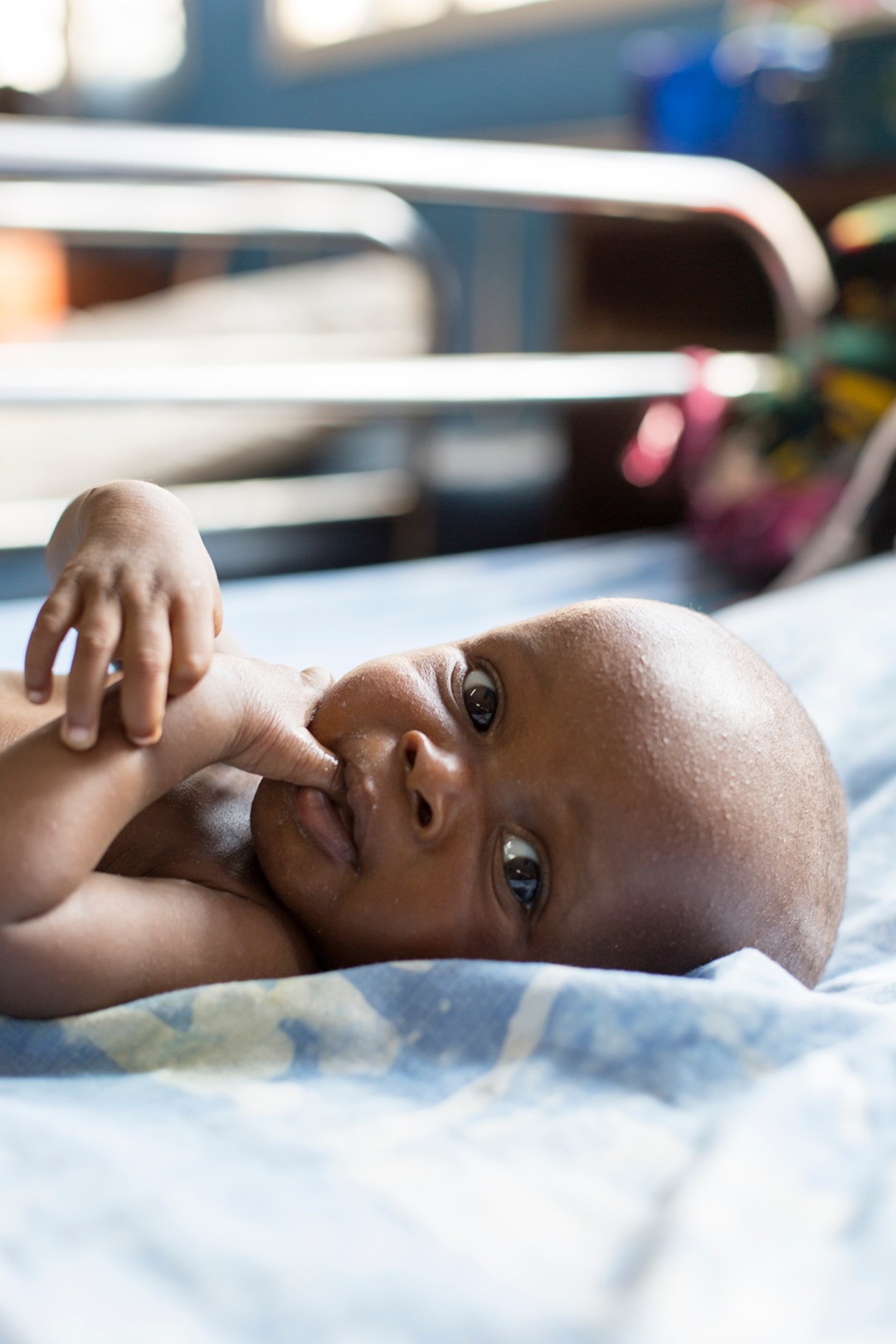
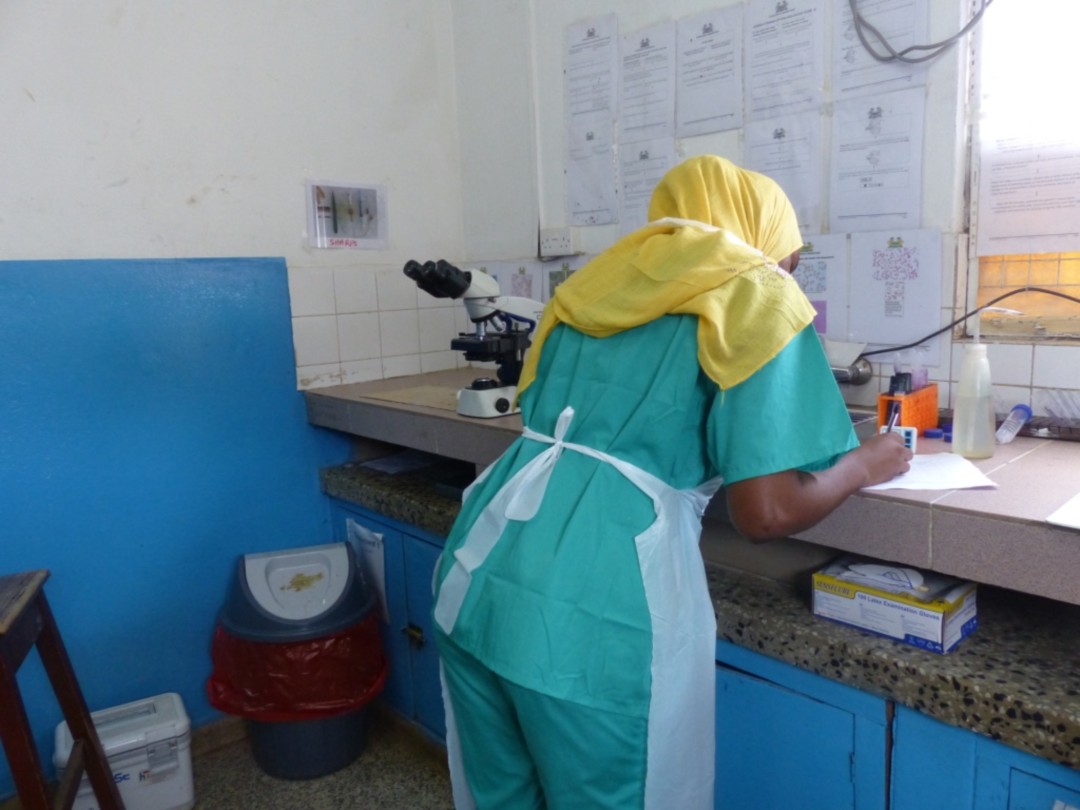
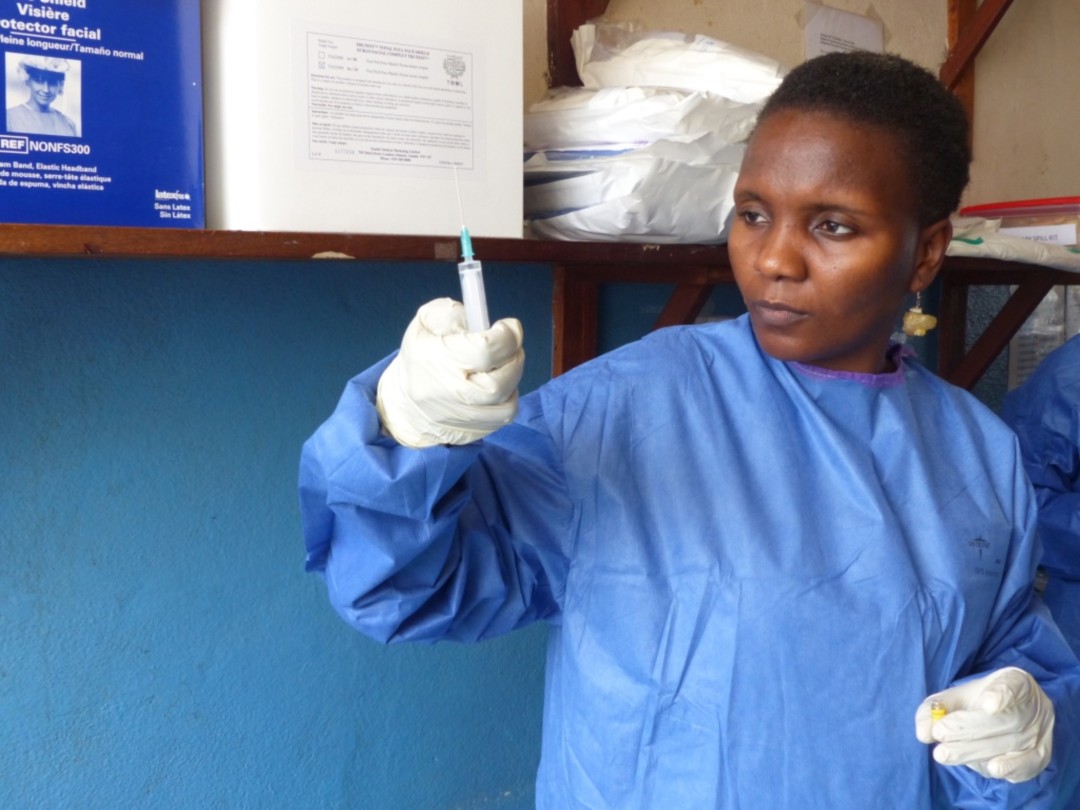
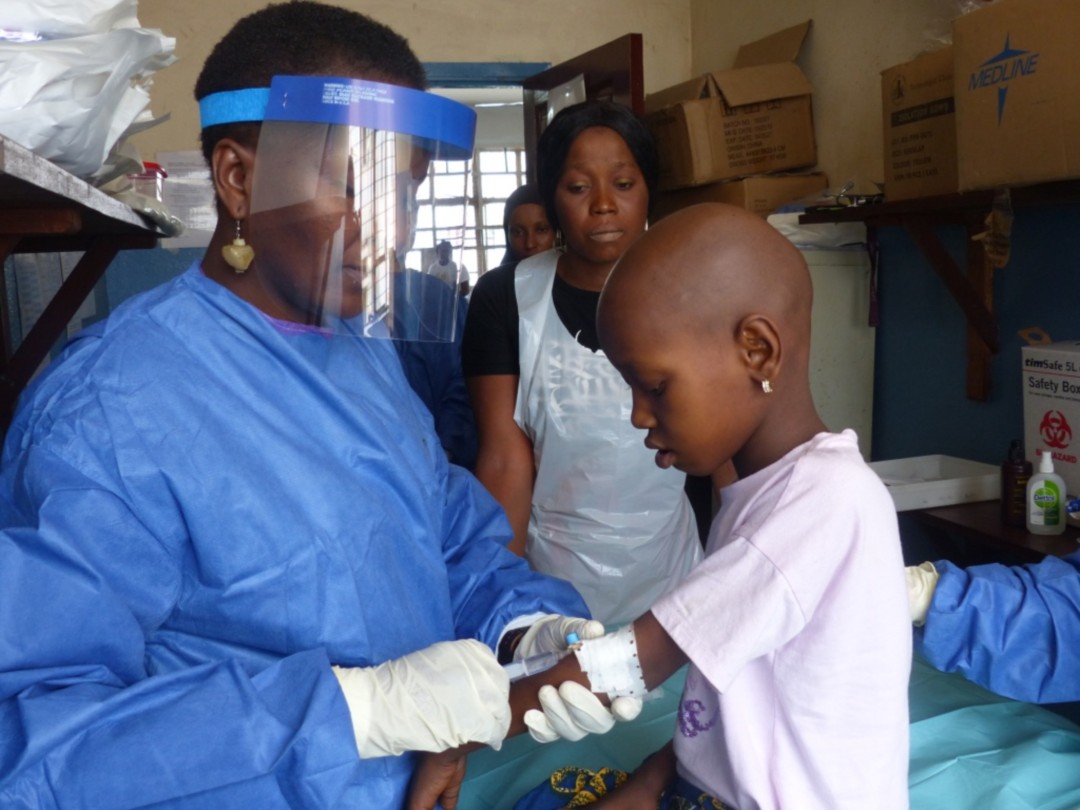
Sierra Leone
Population
7.6 million (2017)
Per Capita Income
USD 510/year (2017)
Poverty rate *
53% (2011)
Literacy rate
32% (2016)
Human Development Index
184th out of 189 countries (2018)
Sierra Leone has made considerable progress since the end of the civil war in 2002, consolidating peace, democracy and improving development indicators. The Sierra Leone government has prioritised and implemented reforms aimed at reducing corruption, providing health care and improving transport, power and public health infrastructures. Despite these significant political and socio-economic achievements, infant and maternal mortality rates are among the worst in the world. Poverty is heavily concentrated in the rural and other urban areas around Freetown. Underemployment remains a challenge and is especially acute in rural areas, compounded by a high level of illiteracy. The Ebola outbreak in 2014 added immense pressure to already fragile health systems.
Sources: World Food Program, UNICEF, World Bank, 2016 Human Development Report, Human Development Indices and Indicators (2018 Statistical Update)
*The percentage of the population living below the national poverty line.